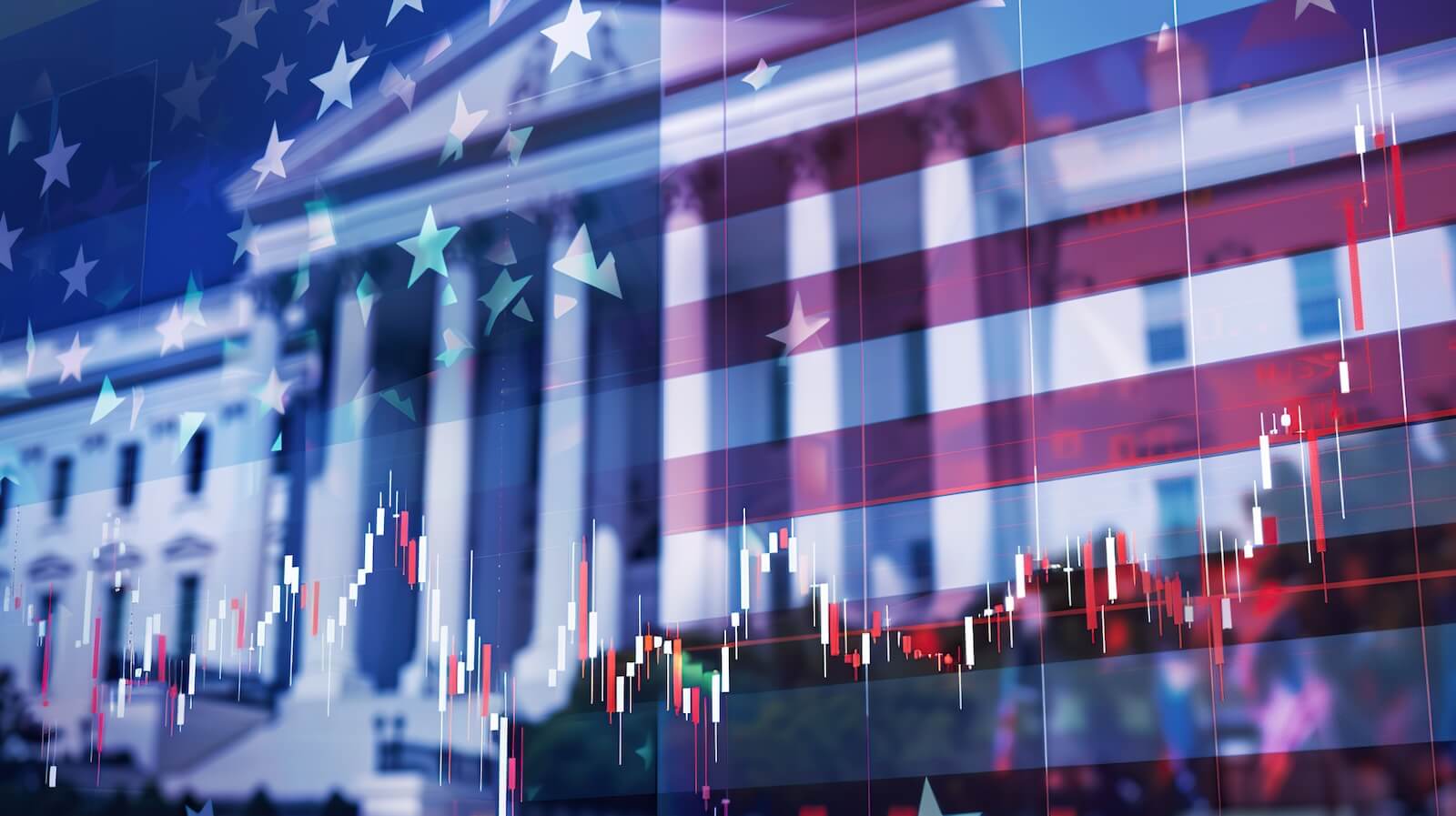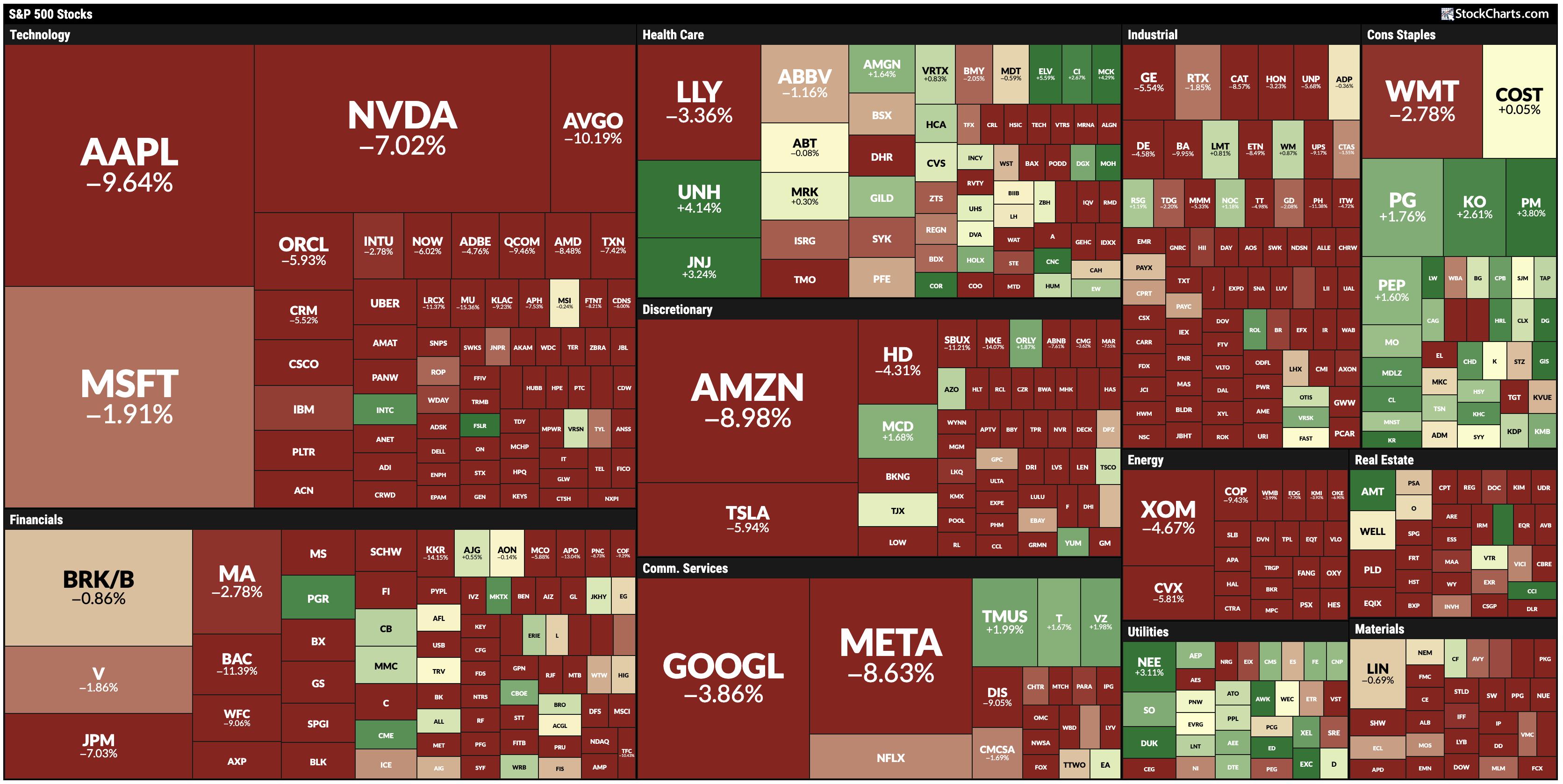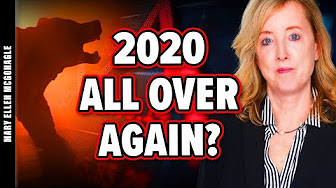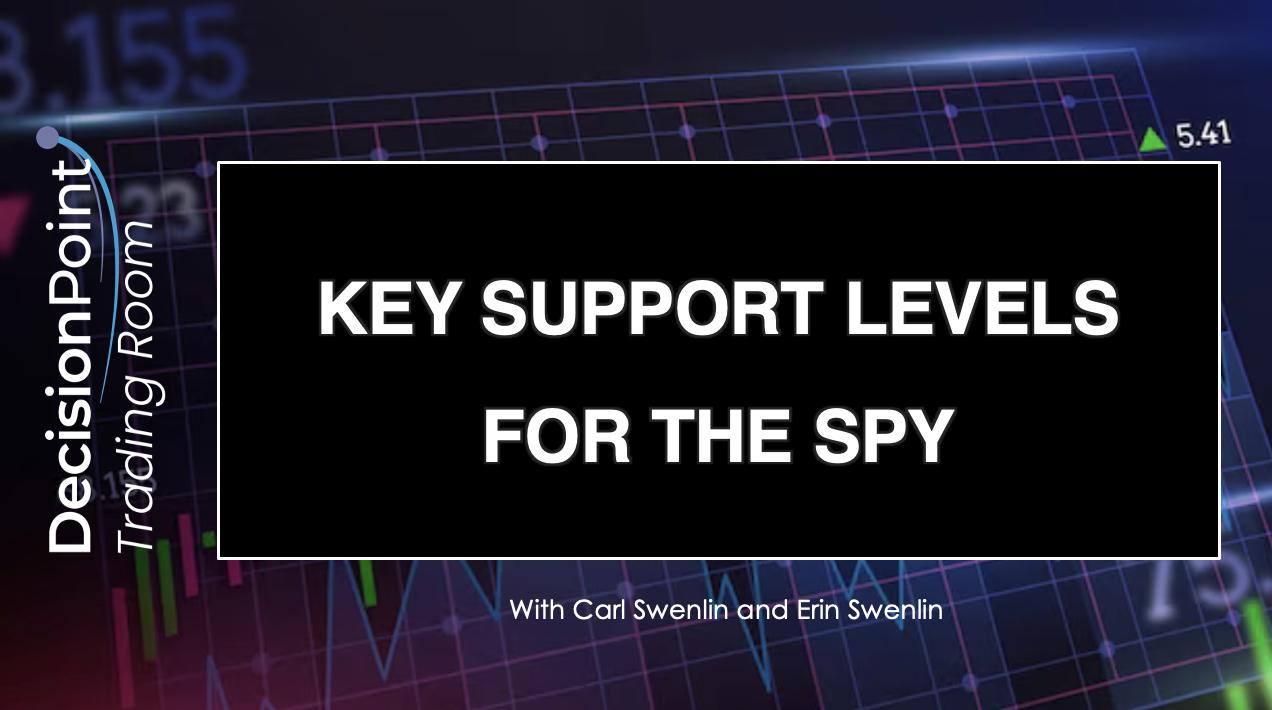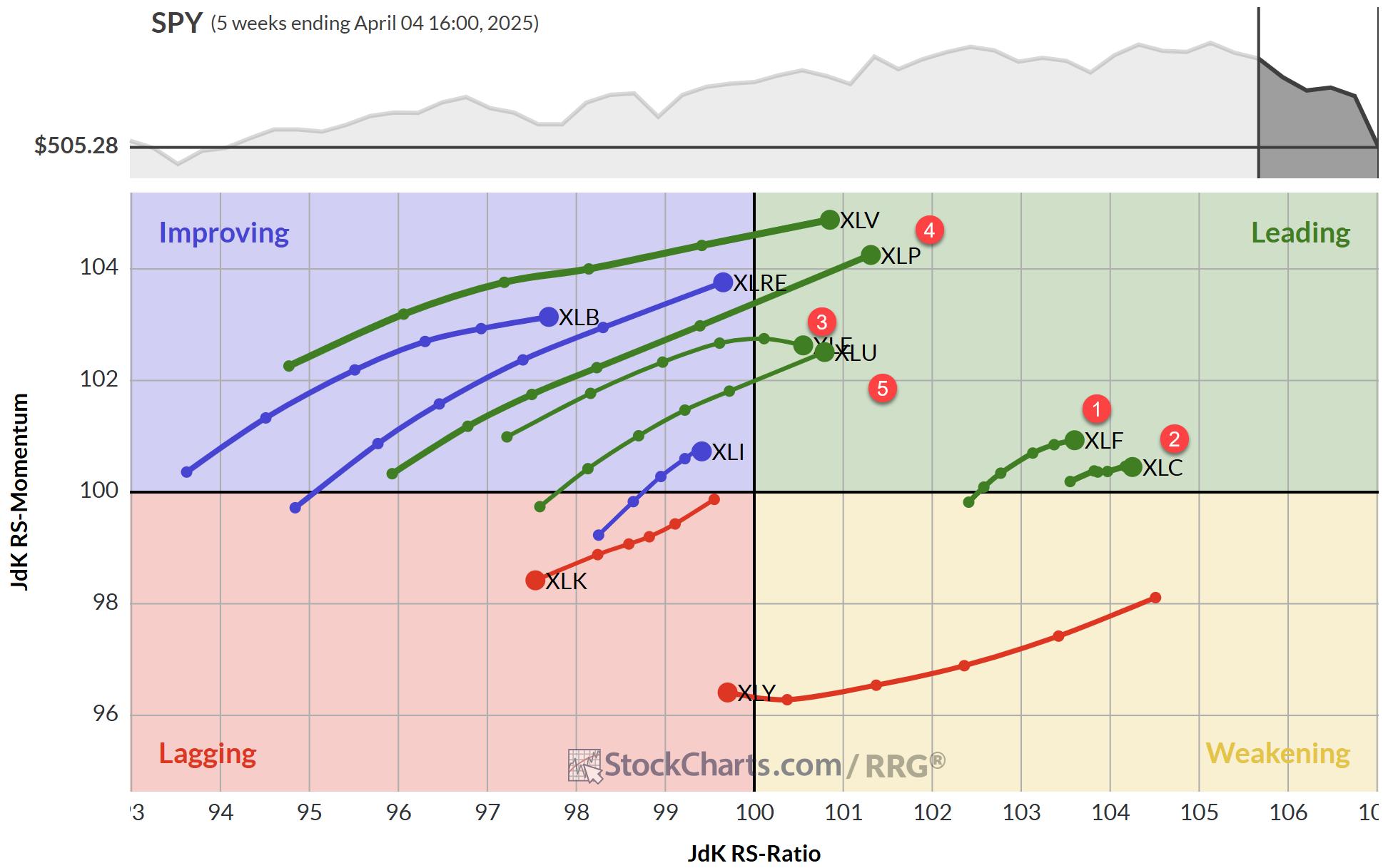The week between Christmas and New Year's is a special week for me. I actually call it "Power Week", and it is basically a week-long process of taking a step back from the "flickering ticks" of day-to-day life to focus on the long-term.
Part of that annual reflection is to focus on my experiences as an investor. What went well? Where did I struggle? As my former boss used to ask, "What did you learn and what are you going to do differently?"
I believe that successful investing needs the foundation of successful routines. We spend way too much time as investors focusing on what is out of our control (what the market's going to do tomorrow) and not enough time on what is within our control (how we spend our time).
The ten questions are basically broken up into three sets of three questions. The first three relate to evaluating your performance, the next three involve how you took advantage of opportunities and the final three are on improving your routines as an investor. What about the tenth question? That one is about your mindset, in terms of how you are dealing emotionally with your first nine answers.
So here are the ten questions I ask myself as an investor at the end of every year. I'd encourage you to get out a piece of paper and write out your answers to these questions. You may be surprised at what you learn from this process!
Accountability is key here! When you're ready make a greater commitment to yourself, your portfolio, and/or your client's portfolios, consider a Market Misbehavior Premium Membership. We're ready to help you upgrade your routines, improve your decision making and keep you accountable!
So let's start with three questions to evaluate your experience as an investor in 2021.
1. How would you rate your overall performance this year?
This first question can go lots of different ways. And the way you answer this question can tell you a great deal about where you're at mentally after this year! You can give yourself a numerical rating 1-10, or just describe your performance in terms of how you experienced this year. What stands out to you as you look back on the last 12 months?
Do you find yourself focusing on big wins this year? Are you dwelling on the FOMO, or the missed opportunities on which you were unable to capitalize? Are you anxious to move on to 2022, and would rather skip this whole "let's review 2021" thing?
For me, this was a challenging year and I would subjectively grade myself as "mixed". I feel good about focusing on the evidence, particularly with the strong uptrend that persisted through much of 2021. I actually tweaked my Market Trend Model to better reflect the volatility we saw in 2021, and I feel very good about how I'm now able to better track the overall market trend on three timeframes.

2021 is one of those years where the chart of the S&P 500 appears super orderly and consistently positive. But depending on what you owned in your portfolio, small-cap stocks for example, your experience over the last 12 months definitely could have diverged from the broad market averages. I often described 2021 as a "rotational" year and, in some of the later questions we'll review what that actually meant for particular stocks and groups.
So, how would you rate your performance in 2021...?
Now on to question #2.
2. What was your best trade and why?
Hopefully, at this point in the process, you can bring out your trading journal, which you have been religiously updating all through the year! (If not, then please make your first New Year's Resolution to start a trading journal.)
Out of all of your winning trades, which one stands out for you? Which are you most proud of? Where did you feel like you had a good edge in the markets?

A big part of my toolkit is to find winning stocks by scanning for charts making new swing highs and lows. So names like Factset Research Systems (FDS), which broke out in August and kept moving higher into December, come to mind as names I'm most proud of for highlighting. Another example would be semiconductor names like NVDA, which emerged in a position of strength and were picked up in my normal review process.
What was your best trade this year? And what tools/insights/approaches/indicators/charts helped you identify that winning trade? Aim to do more of that in 2022.
Now on to the other side of the coin...
3. What was your worst trade and what did you learn from it?
As with most years, I feel like I have no shortage of tough trades to reference here. But I'll go with small caps.
I saw the Russell 2000 index break out in early November and was pretty certain this was the beginning on a new leg higher for small caps, driven by the strength in cyclical sectors, similar to what we saw in November 2020.

The breakout was short-lived, however, and the Russell 2000 came right back down into its previous range, where it remains today. That's right, the IWM is literally at the same level it was 10 months ago!
So making lots of noise about the rebirth of small caps was not my favorite moment. What I learned about this particular call was a reinforcement of the importance of risk management. When a chart breaks out, I usually start with the breakout point as a good risk level. If the price is able to break above that resistance, then hold that resistance going forward, then the chart has strong upside potential. In this case, the price quickly pulled back and failed to hold the breakout level.
What was your worst investment decision in 2021? What did you learn from it, and what are you going to do differently?
Ready to continue this special year-end journey of self-discovery? Head over to our YouTube channel!
RR#6,
Dave
P.S. Ready to upgrade your investment process? Check out my free course on behavioral investing!
David Keller, CMT
Chief Market Strategist
StockCharts.com
Disclaimer: This blog is for educational purposes only and should not be construed as financial advice. The ideas and strategies should never be used without first assessing your own personal and financial situation, or without consulting a financial professional.
The author does not have a position in mentioned securities at the time of publication. Any opinions expressed herein are solely those of the author, and do not in any way represent the views or opinions of any other person or entity.

